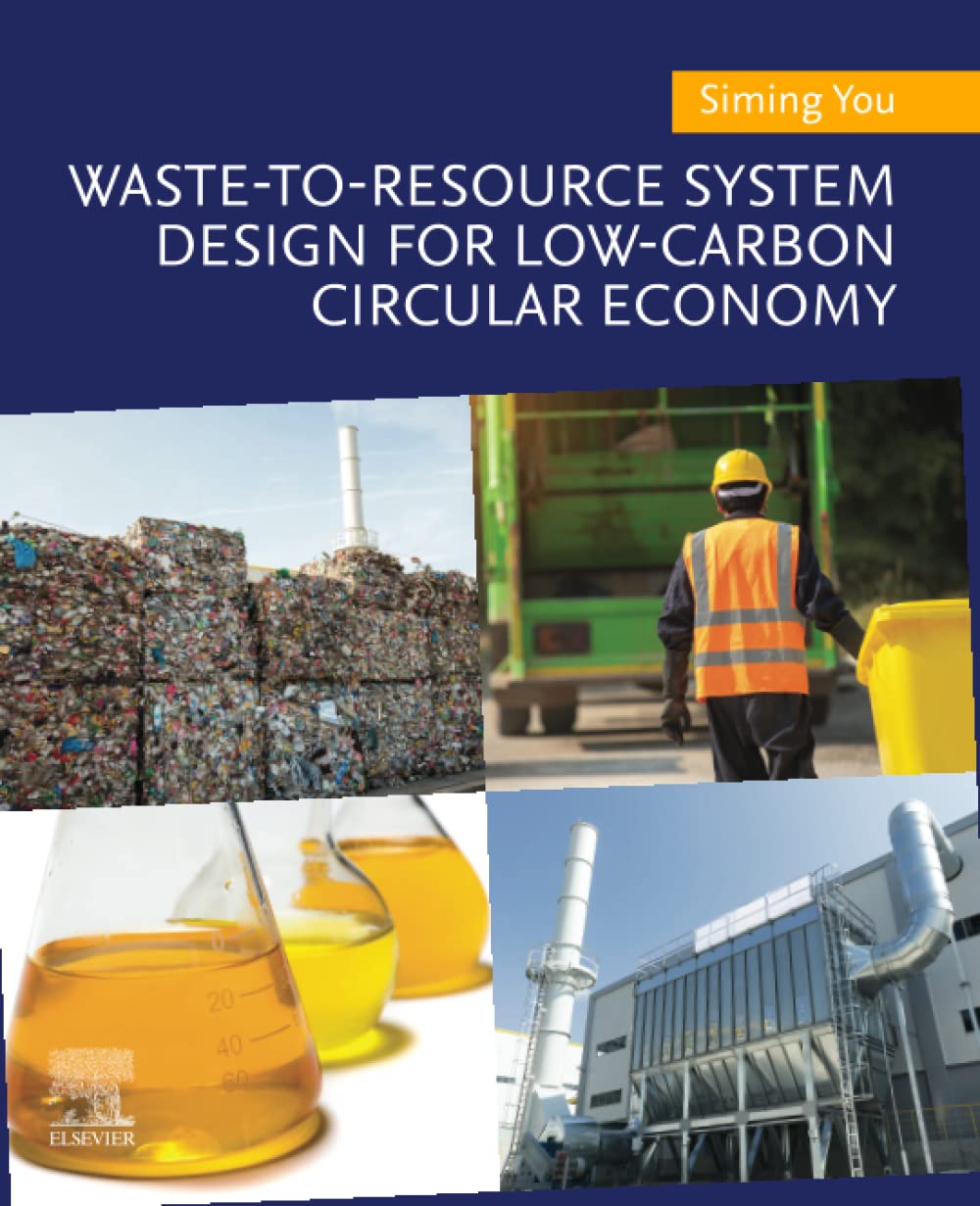

Most ebook files are in PDF format, so you can easily read them using various software such as Foxit Reader or directly on the Google Chrome browser.
Some ebook files are released by publishers in other formats such as .awz, .mobi, .epub, .fb2, etc. You may need to install specific software to read these formats on mobile/PC, such as Calibre.
Please read the tutorial at this link: https://ebookbell.com/faq
We offer FREE conversion to the popular formats you request; however, this may take some time. Therefore, right after payment, please email us, and we will try to provide the service as quickly as possible.
For some exceptional file formats or broken links (if any), please refrain from opening any disputes. Instead, email us first, and we will try to assist within a maximum of 6 hours.
EbookBell Team

0.0
0 reviewsWaste-to-Resource System Design for Low-Carbon Circular Economy equips the user with the necessary knowledge to carry out the preliminary design and optimization of economically viable and environmentally friendly waste-to-resource systems. This book covers the state-of-the-art development of technologies and processes in terms of six types of bioresources (i.e. energy, biohydrogen, biomethane, bioethanol, biodiesel, and biochar) that are recoverable from waste. The focused technologies and processes, such as anaerobic digestion, fermentation, pyrolysis, gasification, and transesterification are being widely applied―or have the potential to be used―towards sustainable waste management. It also covers the methods needed for the design and optimization of waste-to-resource systems, i.e., multiobjective optimization, cost-benefit analysis, and life cycle assessment, as well as systematic and representative databases on the parameters of the processes, costs, and the advantages and disadvantages of technologies. Finally, the book adopts a problem-based method to facilitate audiences to quickly gain the knowledge and skill of designing and optimizing waste-to-resource systems.